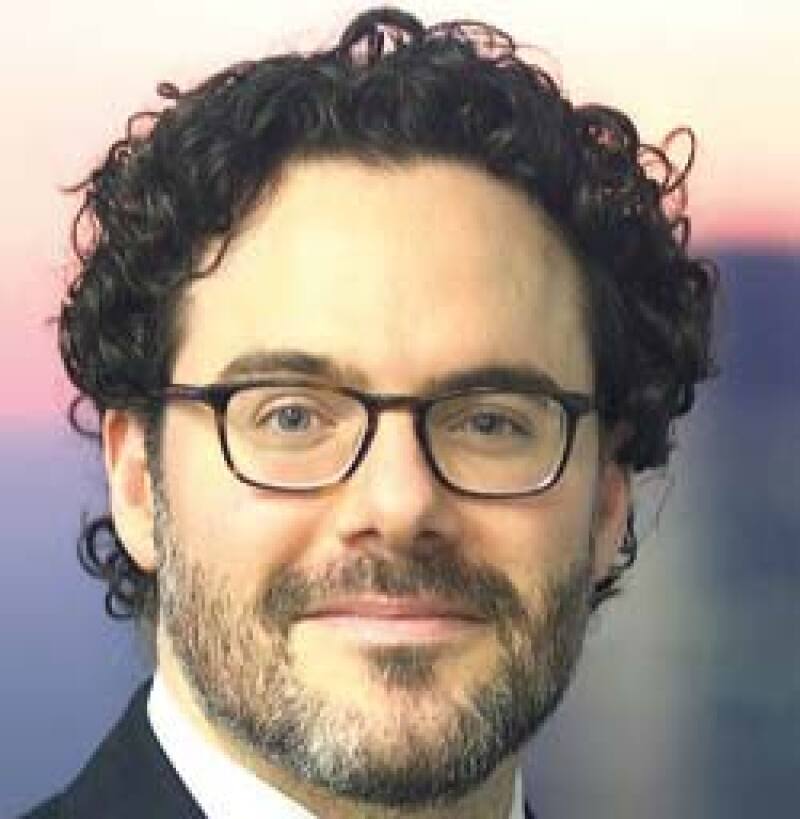
Private wealth is increasing globally. The latest Capgemini World Wealth Report highlights a 7.8% increase in the high net-worth individual (HNWI) population in 2021, a year when global wealth increased by 8%.
As personal wealth grows, so does the possibility of driving it into sustainable ventures.
Nevertheless, private wealth representatives seem to be relatively underrepresented at COP27. Large corporate and retail banking groups have been very visible at the event, but their private wealth businesses less so.
“More focus at COP around families who own their own businesses could be valuable,” says Damian Payiatakis, Barclays Private Bank’s head of sustainable and impact investing. “While it’s not as easy to gather them, they have a critical role to drive the transition forward.”
Over the last two years, while awareness has ramped up, [family offices are] still looking for support to get started and execute portfolio changes

At Barclays Private Bank, he has been liaising with family offices, ultra- and HNWIs on their environmental, social and governance journeys for over a decade.
“Our conversations with clients range from the most basic – ‘what is ESG?’ – to sophisticated ‘how can we drive sustainability across the family business and enable it via our family’s investments?’,”
he says, adding that since the decisions are driven by client objectives and preferences, the bank’s ESG approach is advisory.
It is also an educational process. In its alignment with Barclays’ Group sustainability strategy, the private bank can mobilize clients’ interests in impactful ventures to improve the footprint of the total portfolio.
“We are still at the early stage of families investing sustainably,” Payiatakis adds. "Over the last two years, while awareness has ramped up, they’re still looking for support to get started and execute portfolio changes."
Events such as the annual UN Climate Change Conference have a big influence on the behaviour of wealthy and ultra-wealthy clients. But they are also more likely to change course under volatile market conditions and prioritize wealth preservation over sustainability.
“Their time horizon and liquidity requirements are generally different from average investors,” Payiatakis says. "Even in uncertain times, when selection is more difficult, we can discuss their conviction to invest into the long-term opportunities, like energy transition, biodiversity, or demographic shifts, that will influence tomorrow.”
That said, family offices and wealthy individuals are also able to drive capital flows towards a particular industry.
“Large global families offices are disproportionally influential both through their companies and their capital," he says. "Moreover, their actions can set the tone for other private wealth.”
Early-stage investor potential
In its most recent Investing for Global Impact survey, Barclays Private Bank found that 36% of respondents invested in ESG and impact to improve returns, and 12% of traditional investors saw ESG as central to their investment decision-making.
“‘Responsibility to make the world a better place’ has been the biggest motivator in the adoption of impact investing” says Payiatakis.
For him, private wealth is flexible enough to drive capital towards sectors at an early stage, especially in climate tech. In hard-to-abate sectors for example, family-run businesses can use their wealth to invest in early-stage tech that will decarbonize the industry in the long term.
Third-party fund managers are then able to tap into these personal and business motivations to offer thematic solutions targeting one or more of the UN's Sustainable Development Goals.
In his view, however, the SDGs are not a suitable investment framework, nor were they built as such.
“We think about them as the underlying outcomes of the sectors we might advise clients to invest in,” Payiatakis says, adding that credibility remains a challenge. “I often question [clients] on their intentions and level of detail. Many don’t get beyond a ‘passport stamp’ at the top-level of the 17 SDGs, let alone linking to the 169 targets or 232 indicators underlying them.”
EM fear
At this year’s COP, the debate is around redirecting capital towards emerging markets, something that private wealth investors tend to avoid. Clients will have a familiarity bias: if they are interested in an EM venture, it is often because they already have a connection.
It would make sense then to incentivize HNW investors to look for climate ventures in markets they already trust, and that could then be deployed in developing countries. This is where the role of blended finance comes in.
For Payiatakis, development finance institutions and public-sector participation are an unavoidable first step in establishing a secure investible universe for private investors to join.
“That finance to de-risk the investment can be critical to attract private wealth, helping overcome potential familiarity bias.”
